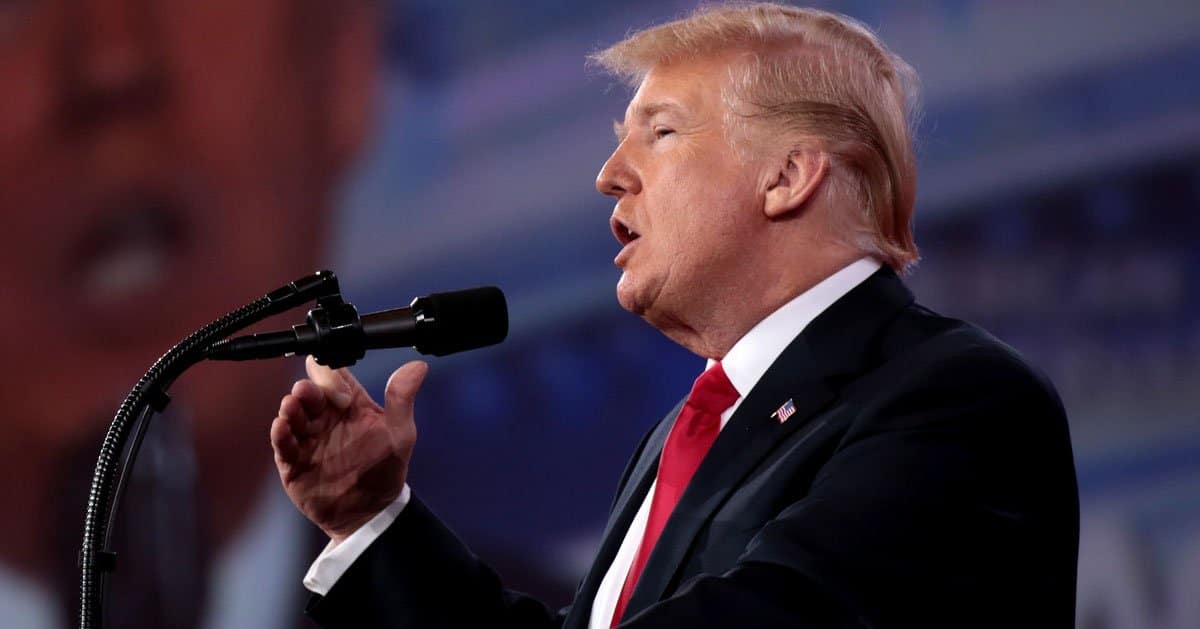






In his newly released memoir, "Citizen: My Life After The White House," former President Bill Clinton reveals the depths of his emotional battle following his wife Hillary Clinton's defeat in the 2016 presidential election.
The Times of India reported that Clinton candidly discussed the challenges he faced emotionally after the election and revisited past controversies, expressing remorse over various personal and political associations.
The unexpected outcome of the 2016 election led Clinton to experience intense emotional distress and insomniac episodes. The former president describes feeling a level of anger that rendered him "not fit to be around," leading him to apologize to those who endured his fits of rage in the aftermath.
His recounting of this period highlights the personal impact of a political loss that he attributes to a range of external factors.
Clinton attributed the election defeat to interference by foreign powers, specifically citing Russian cyberattacks and actions by James Comey, former director of the FBI.
He expressed that these elements, compounded by the media's role during the campaign, created what he perceives as the "darkest election possible" in U.S. history.
In the memoir, Clinton referenced communicator Kathleen Hall Jamieson, who suggested that Russian cyber activities alongside Comey's decisions influenced voter perceptions and outcomes. He staunchly criticized these factors, drawing connections to how they may have contributed to the election result.
Further in his memoir, Clinton delves into his regrets related to his ties with Jeffrey Epstein. He acknowledged that traveling on Epstein's plane was a decision he wishes he could undo, stating that it brought years of questioning he found unwarranted. Clinton emphasized his unawareness of Epstein's criminal activities, categorizing the financier as "odd."
This comes as a reflection on Clinton's desire to distance himself from Epstein, stressing that he was unaware of the harm Epstein had caused to many individuals. The memoir provides insight into how these associations continue to cast a shadow on his legacy.
Clinton also revisits past controversies, including the infamous Monica Lewinsky scandal. In particular, he reflects on his 2018 interview with NBC, where he came under scrutiny for his response to questions about the scandal.
He describes the occasion as "not my finest hour," admitting that his reaction to the questioning was less than satisfactory. By revisiting these events, Clinton aims to convey his understanding of past errors and an intention to learn from them.
The memoir paints a portrait of a former president grappling with significant personal and political challenges. The 2016 election, as Clinton recounts, was a time of profound disappointment and personal upheaval, catalyzing an intense period of reflection on both his and his wife's political journey.
Clinton's portrayal of the election as a turning point underscores its impact not just politically but personally, elucidating the toll it took on an individual who once held the nation's highest office. His reflections are indicative of the broader implications the election had on their lives and the subsequent struggles to navigate them.
"Citizen: My Life After The White House" offers readers insights into Clinton's inner world post-presidency, exposing vulnerabilities and regrets.
From dealing with the high stakes of political drama to managing personal associations fraught with controversy, the memoir provides an unvarnished view of his life.
For those new to the understanding of these events, Clinton's memoir sheds light on the complex interplay of politics and personal life, and the enduring influence past decisions have on the present. This retrospective intends to reconcile past actions with current perspectives, aiming for clarity and understanding at a time marked by introspection.
Ultimately, Bill Clinton's memoir emerges as a personal journey of reflection, revealing the challenges of coming to terms with controversial moments and associations.
In confronting these issues, Clinton seems poised to offer a narrative of growth and accountability, resonating with those who seek insight into the multifaceted life of a former president navigating a post-political landscape.

